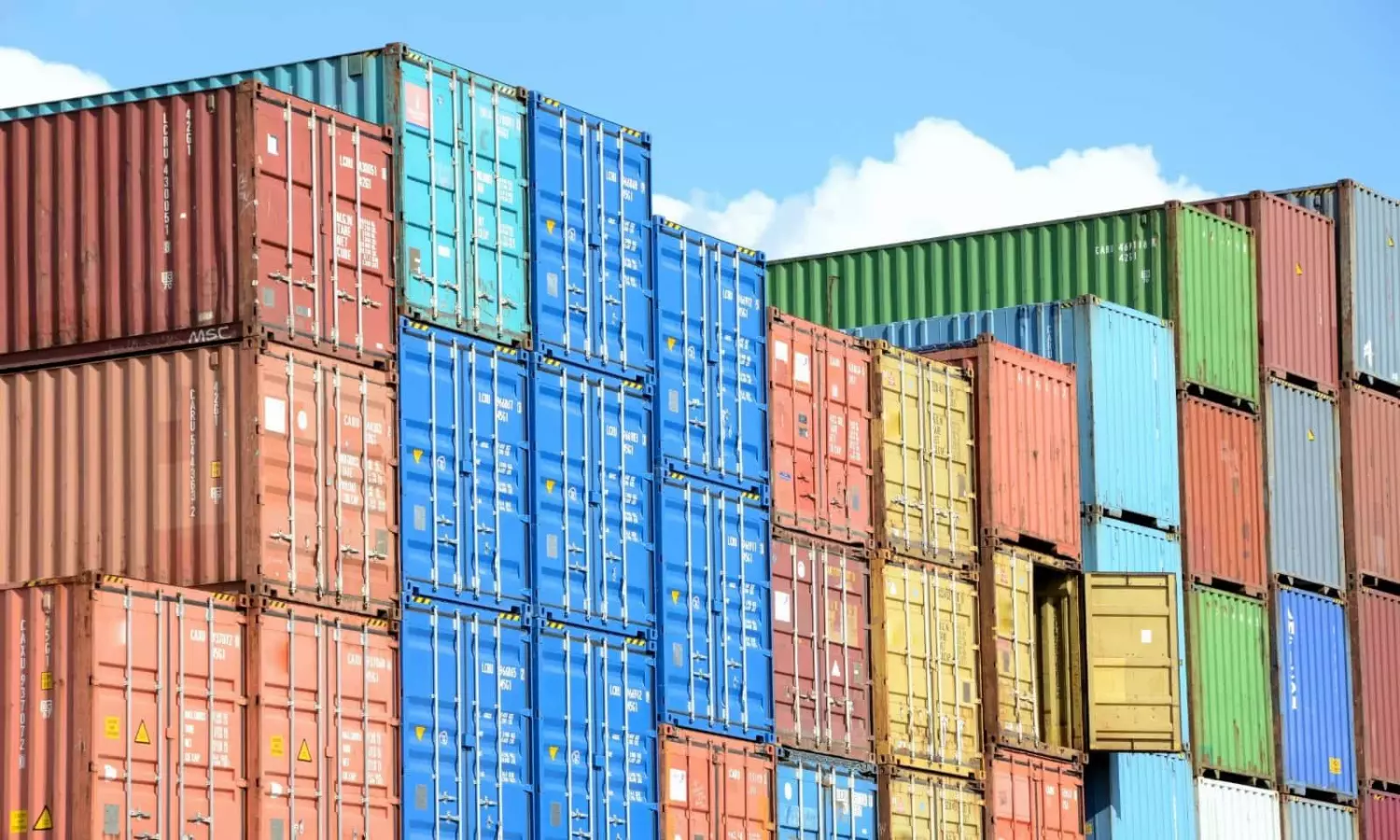150,000 containers stuck in Russia: Container xChange
Average price of a 40ft high cube container in Moscow was $4,175 in Feb 2022, which is $580 as of Sept 25, 2023

Photo by Paul Teysen on Unsplash
There are around 150,000 surplus containers in Russia, and everybody is looking for an opportunity to return containers back to China, according to the latest update from Container xChange.
"All containers from Russia to China go with a pickup charge. Regarding container trading, many Chinese companies are selling containers below market price to get rid of the boxes since it doesn’t make sense to send them back to China. From Moscow to Shanghai, the offline market offers around $1,500 for new containers. If cargo worthy containers are in good condition and cost less, they prefer to sell the boxes in the local market.
"But this doesn’t mean that the market is bad. There are still many companies exporting as many as 4,000 SOC containers from Russia to China. The transactions between China and Russia are still very significant.”
Christian Roeloffs, Co-Founder and CEO, Container xChange says: “There is significant cargo movement from China into Russia but very scarce movement back to China from Russia. Containers are piling up in Russia, which means that the second hand container prices are very low in Russia. You see a 40ft high cube container being on sale in Moscow for less than $1,000 while in other parts of the world it is almost double or even more. This is significant and has tremendously detrimental impact on the business of container logistics because of the high imbalance of demand and supply of containers.”
In February 2022, the average price of a 40ft high cube container in Moscow was $4,175, which is now $580 as of September 25, 2023, the update added.
Trade between China and Russia increased over 36 percent in the first seven months of 2023, totalling $134 billion, according to Chinese customs data. "China’s exports to Russia surged by 73 percent, reaching approximately $62 billion while imports from Russia increased 15 percent to $72 billion."
Russia is expecting trade volume with China to cross $200 billion this year, up from approximately $185 billion in 2022, the update added.
"Russia is flooded with more containers carrying goods from China than it can dispatch back. Furthermore, the commodities exchanged between the two countries play a role in exacerbating the problem as Russian raw materials are primarily transported to China via rail tanks and open wagons rather than in containers. In an attempt to improve the container congestion, Russian shipping companies have started offering discounts to expedite the return of containers to China."
One noteworthy development is the entry of CStar Line, a newcomer in the industry, into the China-Russia trade arena, the update said. "Yangpu New New Shipping has expanded its Northern Sea Route service, connecting China to St. Petersburg. This expansion follows the successful eastbound trial voyage by the 1,638 TEU Polar Bear, which departed from Xingang in August."
Cargo volumes from Busan to Russia’s Pacific ports saw a six percent increase in July, reaching 13,600 TEU compared to the previous month. "However, the market faces pressure from new Chinese entrants, leading to a month-on-month decrease in the average freight rate for the Busan-Far East Russia route, ranging from $1,000 to $2,200 per TEU - a drop of approximately $100. These developments underscore the shipping industry’s resilience and adaptability as the China-Russia trade landscape continues to evolve."


